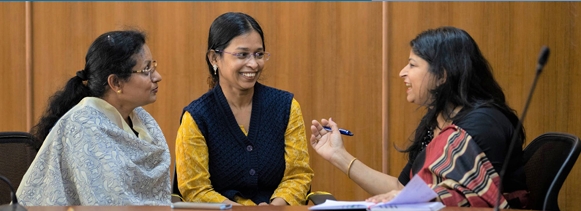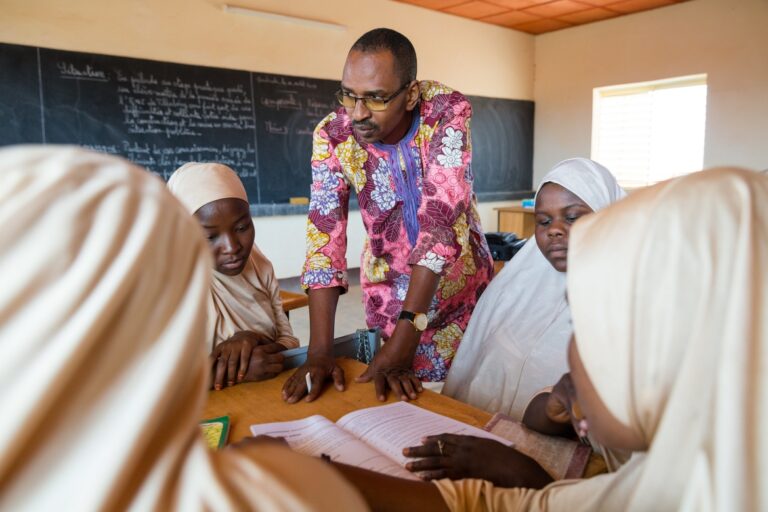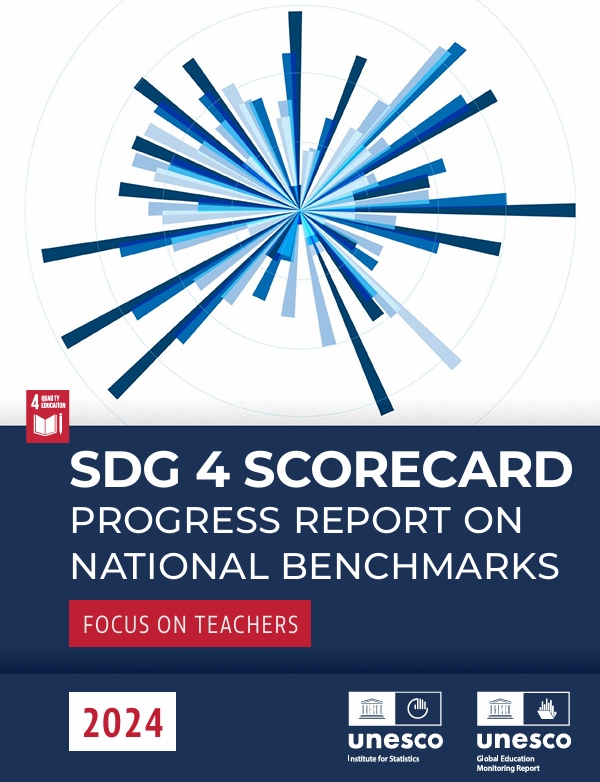Overview
To improve teaching and learning outcomes, teachers and head teachers require comprehensive support to build professionalism and enhance their practice. Professionals at the middle tier of education systems—those working between the school and central level—play a vital role. They facilitate collaboration, broker knowledge, scale innovations, and provide instructional direction to school-level practitioners.This research, conducted through a collaborative partnership between IIEP-UNESCO and Education Development Trust (EDT), investigates how middle-tier instructional leaders can serve as key agents of change to enhance educational quality. The focus is on identifying promising practices globally and extracting insights for both policy-makers and practitioners.
IIEP and EDT carried out case studies in five jurisdictions—Delhi (India), Jordan, Rwanda, Shanghai (China), and Wales—where new roles have been created or existing roles reoriented towards coaching and support. These studies examined the professional practices and perceived impacts of instructional leaders, as well as the enabling factors within their systems.
This brief is the third installment of a three-part series that delves into the enabling factors and system considerations necessary for transforming instructional leaders into effective change agents for improving teaching and learning. The previous briefs address the nature of the middle tier and the professional practices of instructional leaders that contribute to enhanced learning.
Read more Full text
Connect with us :






